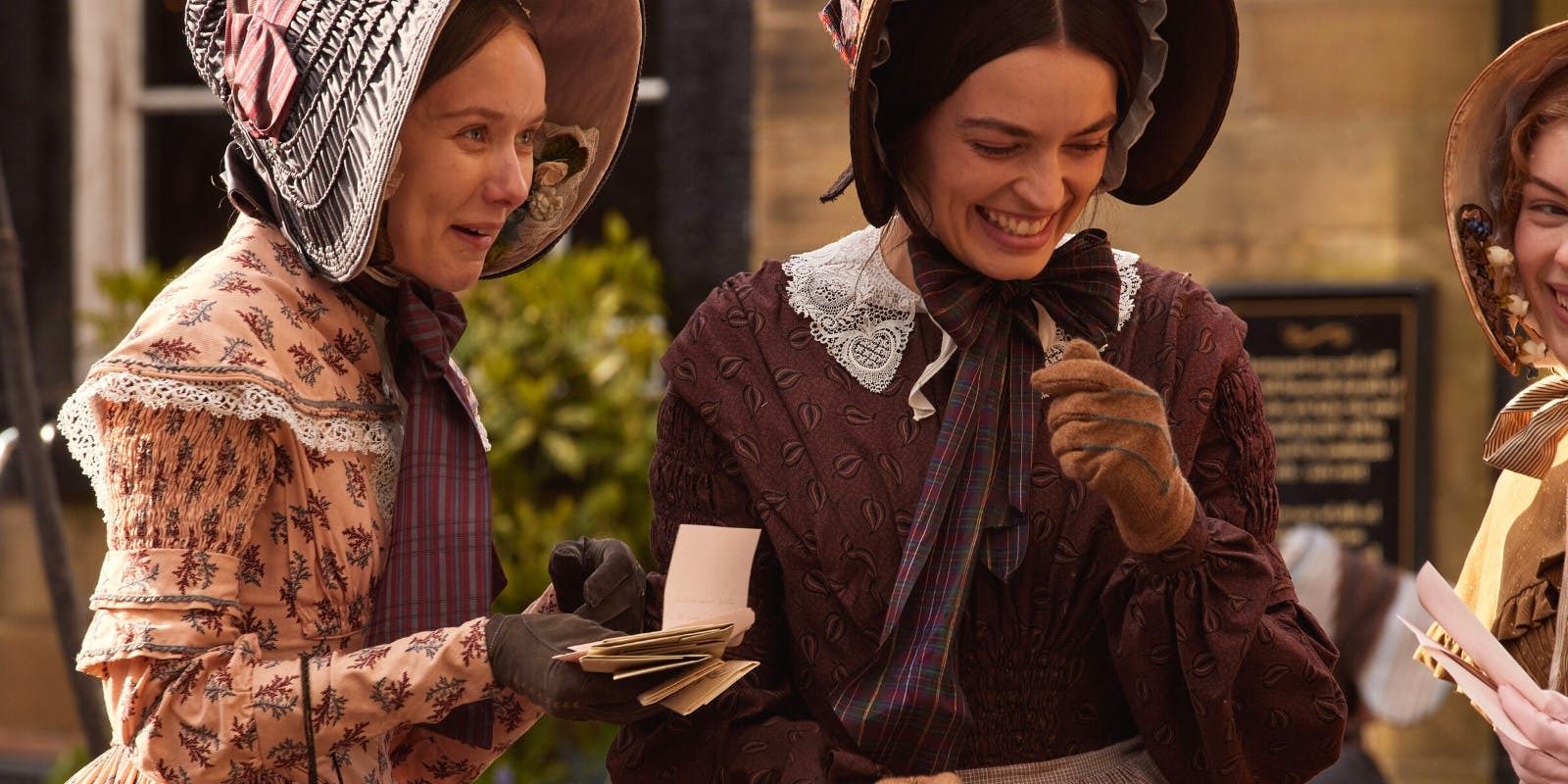
Emily Brontë, the enigmatic author behind the classic novel "Wuthering Heights," remains a figure shrouded in mystery. Born in 1818, she lived a life marked by solitude, creativity, and a deep connection to the moors of Yorkshire. Did you know Emily Brontë published her work under the pseudonym Ellis Bell? This choice allowed her to navigate the male-dominated literary world of the 19th century. Despite her brief life, ending at just 30 years old, Brontë's impact on literature endures. Her poetry and prose continue to captivate readers with their raw emotion and gothic elements. Curious about more intriguing facts about Emily Brontë? Let's dive into her life and uncover the lesser-known details that shaped this literary icon.
Early Life and Family Background
Emily Brontë, a renowned English novelist and poet, lived a life shrouded in mystery and intrigue. Her early years and family background played a significant role in shaping her literary genius.
- Born on July 30, 1818 in Thornton, West Yorkshire, Emily was the fifth of six children in the Brontë family.
- Her father, Patrick Brontë, was an Irish Anglican clergyman, while her mother, Maria Branwell Brontë, hailed from Penzance, Cornwall.
- Tragedy struck early when her mother passed away in 1821, leaving the Brontë children to be raised by their aunt, Elizabeth Branwell.
Education and Literary Influences
Emily's education and the influences she encountered during her formative years significantly impacted her writing style and themes.
- Attended the Clergy Daughters' School at Cowan Bridge, which later inspired the grim depiction of Lowood School in Charlotte Brontë's "Jane Eyre."
- The Brontë siblings created imaginary worlds called Gondal and Angria, which served as a creative outlet and honed their storytelling skills.
- Emily was largely self-taught, with a voracious appetite for reading, particularly enjoying works by Shakespeare, Byron, and Sir Walter Scott.
Writing Career and Major Works
Emily Brontë's writing career, though brief, left an indelible mark on English literature. Her major works continue to captivate readers worldwide.
- Published "Wuthering Heights" in 1847 under the pseudonym Ellis Bell, a novel that initially received mixed reviews but later became a classic.
- "Wuthering Heights" is her only novel, yet it is considered one of the greatest works of English literature, known for its complex characters and dark, gothic themes.
- Emily also wrote poetry, with her first collection, "Poems by Currer, Ellis, and Acton Bell," published in 1846 alongside her sisters Charlotte and Anne.
Personal Life and Character
Emily Brontë's personal life was marked by her reclusive nature and strong attachment to her home and family.
- Known for her introverted personality, Emily preferred the solitude of the Yorkshire moors to social interactions.
- She had a deep bond with animals, particularly her pet dog, Keeper, who was a constant companion.
- Emily was fiercely independent, often described as having a strong will and a passionate spirit.
Health and Untimely Death
Emily Brontë's life was tragically cut short, but her legacy endures through her literary contributions.
- Suffered from poor health, likely exacerbated by the harsh conditions at the Clergy Daughters' School and the damp, cold environment of the Yorkshire moors.
- Died of tuberculosis on December 19, 1848, at the age of 30, just a year after the publication of "Wuthering Heights."
Emily Brontë's Lasting Impact
Emily Brontë's legacy continues to inspire readers and writers alike. Her novel, "Wuthering Heights," remains a classic, celebrated for its complex characters and emotional depth. Despite her short life, Emily's work has left an indelible mark on literature. Her poetry, often overshadowed by her novel, also showcases her talent and unique voice. Emily's reclusive nature and mysterious persona add to the intrigue surrounding her life and work. Her contributions to literature are undeniable, and her influence can be seen in many modern works. Emily Brontë's story is a testament to the power of imagination and creativity. Her ability to capture the human experience in her writing ensures that her work will be cherished for generations to come.
Was this page helpful?
Our commitment to delivering trustworthy and engaging content is at the heart of what we do. Each fact on our site is contributed by real users like you, bringing a wealth of diverse insights and information. To ensure the highest standards of accuracy and reliability, our dedicated editors meticulously review each submission. This process guarantees that the facts we share are not only fascinating but also credible. Trust in our commitment to quality and authenticity as you explore and learn with us.


